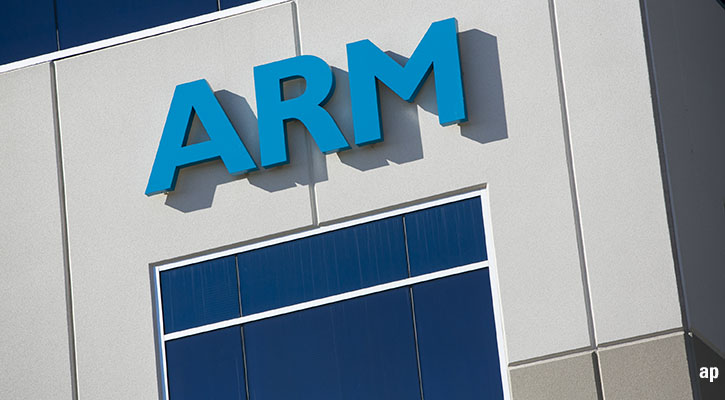A long-awaited bill was introduced in Australia's parliament Wednesday to force cigarette manufacturers to sell their products in plain packs. Under the proposed laws, Canberra will ban the use of logos, branding, trademarks, and colors starting January 2012; brand names will appear in standard colors and fonts on dark olive-brown packs. The measures are intended to create packs that have the lowest appeal to smokers. While we are not concerned about most of the measures being put into place by governments attempting to reduce smoking--including larger health warnings and in-store display bans--we think plain packs would cause significant trading down by smokers, a trend that would most affect British American Tobacco (BATS) and Philip Morris International (PM) but potentially benefit Imperial Tobacco (IMT).
We are maintaining our fair value estimates for the international manufacturers for the time being, and we shall monitor the progress of the bill through parliament. In any event, Australia represents a small portion of the global manufacturers' revenue, and we expect the bill's impact on valuations to be minimal.
We do not believe plain packs will have a material impact on total industry volume, but we expect the legislation to cause large shifts in market share, driven by trading down. Smokers are likely to become less willing to pay a higher price for certain brands and, in turn, plain packs could erode the price premiums that high-end brands can currently realise. The legislation would hurt those firms with premium product portfolios the most, such as Philip Morris. While Marlboro is the jewel in Philip Morris' crown, its positioning at the top end of the pricing hierarchy could lead to material volume declines or large price cuts.
The market leader in Australia is British American, with a 46% share, according to the company; we estimate that Australia represents a high-single-digit percentage of the company's total net revenue. However, British American's portfolio is quite well balanced among premium, mid-price and economy brands, so the impact to volume and pricing may be more muted than for Philip Morris.
Imperial Tobacco has also expressed its opposition to plain packaging but, ironically, it could be one of the major beneficiaries of Canberra's proposed legislation. Imperial's superpremium brands form a small part of its portfolio (low double digits, by our estimation); most of the firm's volume is derived in discount categories--the very brands that could benefit from trading down.
Premium subscribers can read Morningstar's Equity Research on British American, Imperial Tobacco and Philip Morris by clicking on the company name; learn more about our Premium service here.










:quality(80)/cloudfront-us-east-1.images.arcpublishing.com/morningstar/MNPB4CP64NCNLA3MTELE3ISLRY.jpg)












